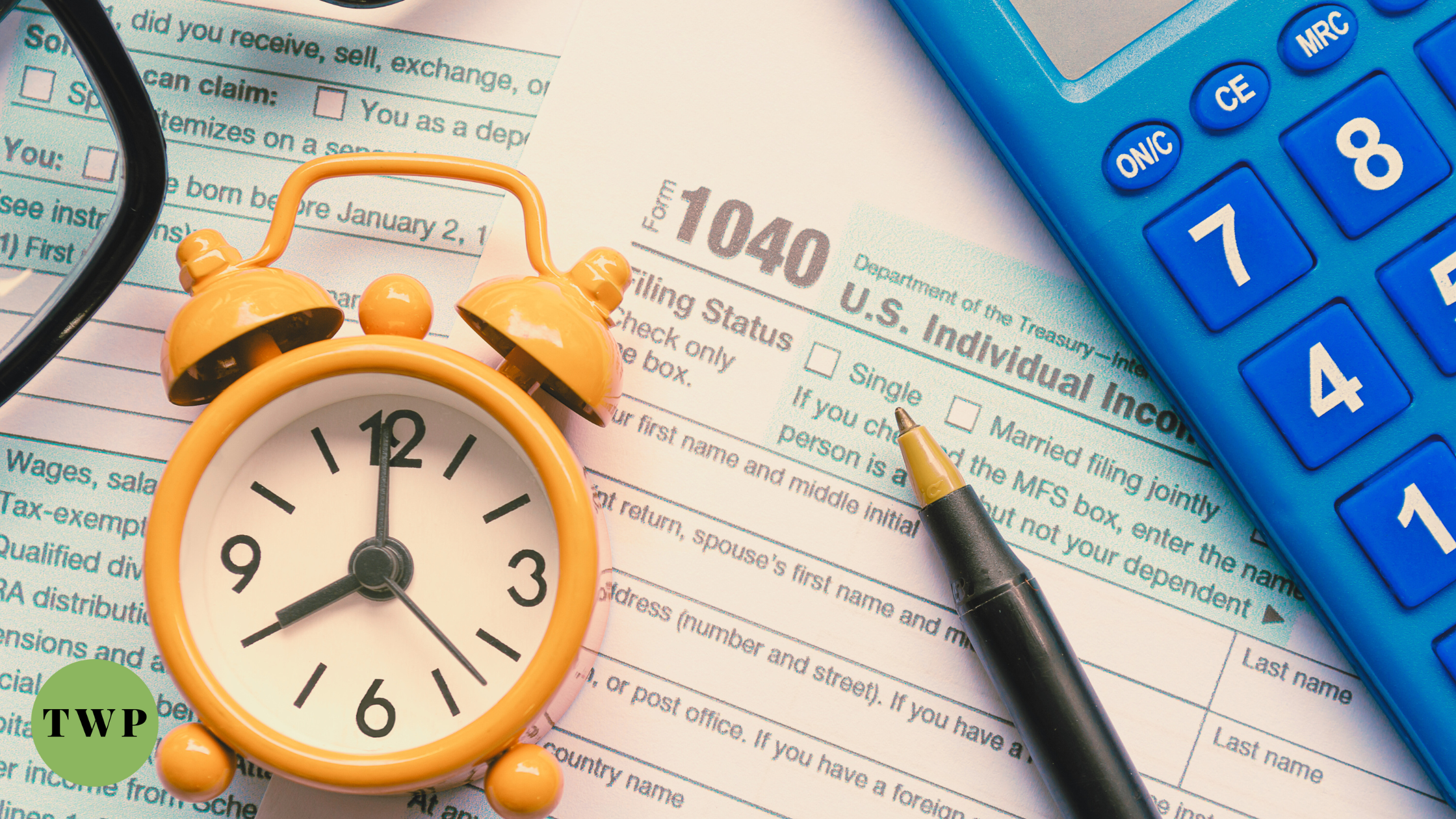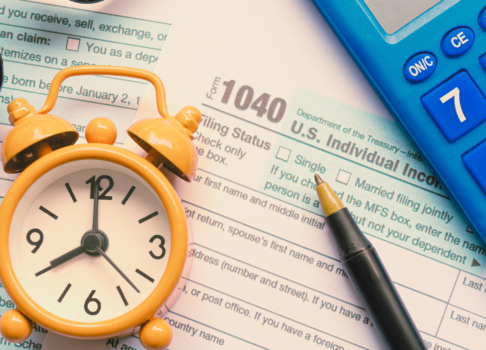A Guide for First-Timers and New Residents
Navigating the complexities of tax preparation can be daunting, especially if you’re filing for the first time or if you’re new to the country. Understanding why timely and accurate tax preparation is crucial, and recognizing when it’s wise to seek professional assistance, can help you avoid common pitfalls and ensure you’re making the most of your financial situation. This guide aims to demystify the process, providing you with the foundational knowledge needed to approach tax season with confidence.
Why Is Tax Preparation Important?
Tax preparation involves compiling your financial records, understanding applicable tax laws, and submitting your tax returns by the deadline. It’s essential for several reasons:
- Compliance with the Law: Filing your taxes correctly and on time ensures you comply with federal and state laws, helping you avoid penalties and legal issues.
- Maximize Refunds and Credits: Proper tax preparation can help you identify deductions and credits you’re eligible for, potentially increasing your refund or decreasing the amount you owe.
- Financial Planning: Understanding your tax situation is crucial for making informed decisions about investments, savings, and other financial matters.
When Do You Need to Prepare and File Taxes?
In the United States, the tax year aligns with the calendar year, ending on December 31st. Tax returns are typically due by April 15th of the following year. However, if you find that you’re unable to file your taxes by the due date, it’s important to know that you have the option to request an extension.
Requesting an extension gives you additional time to file your tax return without incurring late filing penalties. It’s crucial to understand that while an extension grants more time to file, it does not extend the time to pay any taxes owed. If you expect to owe taxes, you should estimate and pay the amount by the original April 15th deadline to avoid interest and penalties on the unpaid balance.
To request an extension, you must submit Form 4868 to the IRS by the April 15th deadline. This form can be filed electronically or on paper. With an approved extension, you’ll have until October 15th to file your tax return. Remember, this extension applies only to the filing of the return and not to any tax payment due.
Common Questions from First-Time Filers and New Residents
- What Documents Do I Need? Gather all documents related to income (such as W-2s or 1099s), deductions, and credits. This might include receipts for charitable donations, educational expenses, or medical bills.
- How Do I Know Which Tax Forms to Use? The form you’ll use primarily depends on your income sources, deductions, and whether you’re an individual or running a business. The IRS website provides resources to help determine the right forms.
- Can I File Taxes Myself? Yes, you can file taxes yourself using tax software or IRS free file options if you meet certain criteria. However, complex situations (like self-employment or owning a business) might benefit from professional guidance.
- What If I Make a Mistake? If you realize you’ve made an error on your tax return, you can file an amended return using Form 1040-X. It’s important to correct mistakes to avoid potential penalties.
Why Consider a Tax Professional?
While many individuals can and do prepare their taxes on their own, there are several scenarios where seeking a professional can be advantageous:
- Complex Tax Situations: Self-employment, owning a business, or having multiple income sources can complicate your tax situation.
- New to the Country: Understanding the U.S. tax system can be challenging for newcomers. A tax professional can guide you through the specifics of your obligations.
- Maximizing Deductions and Credits: Professionals stay current with tax laws and can help identify savings opportunities you might miss.
Tax preparation doesn’t have to be a source of stress. With the right information and resources, you can tackle this annual task with confidence—whether you choose to do it yourself or seek professional help. Remember, staying informed and organized is key to navigating tax season successfully.


